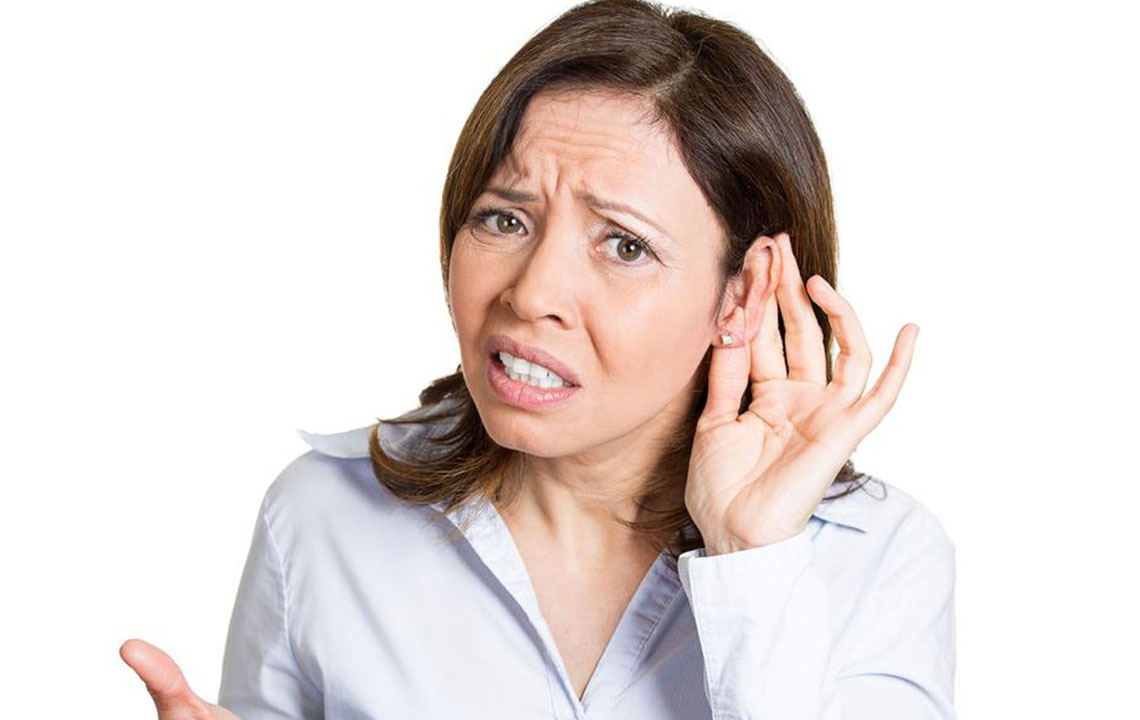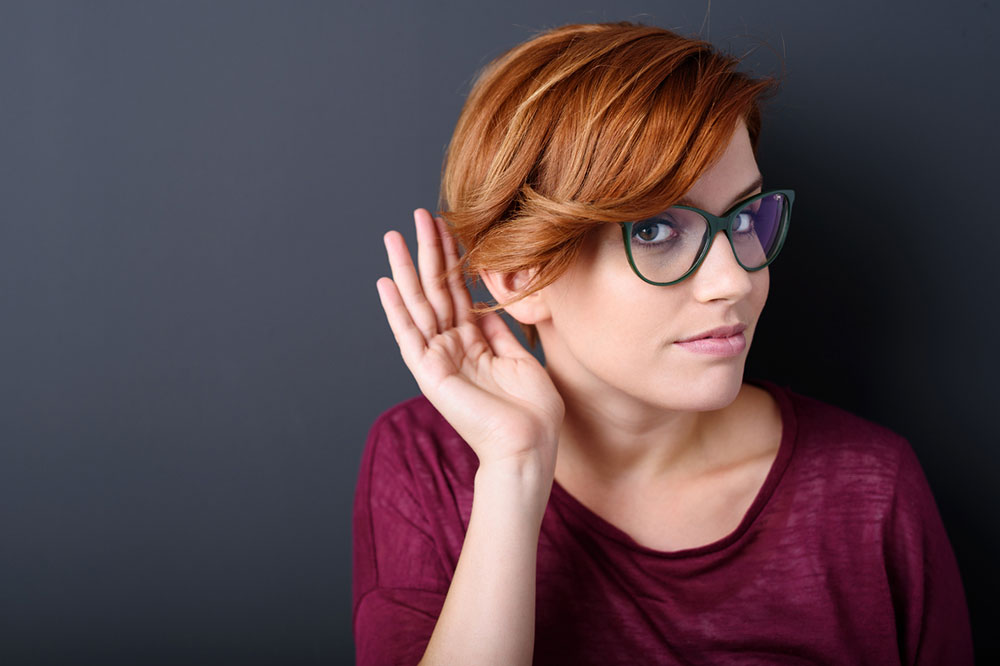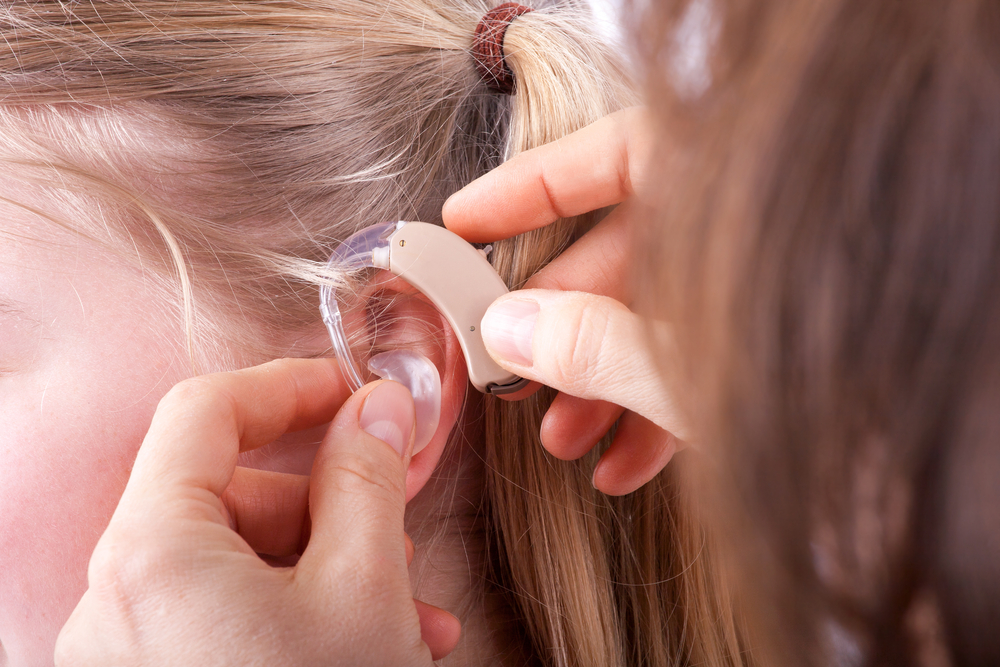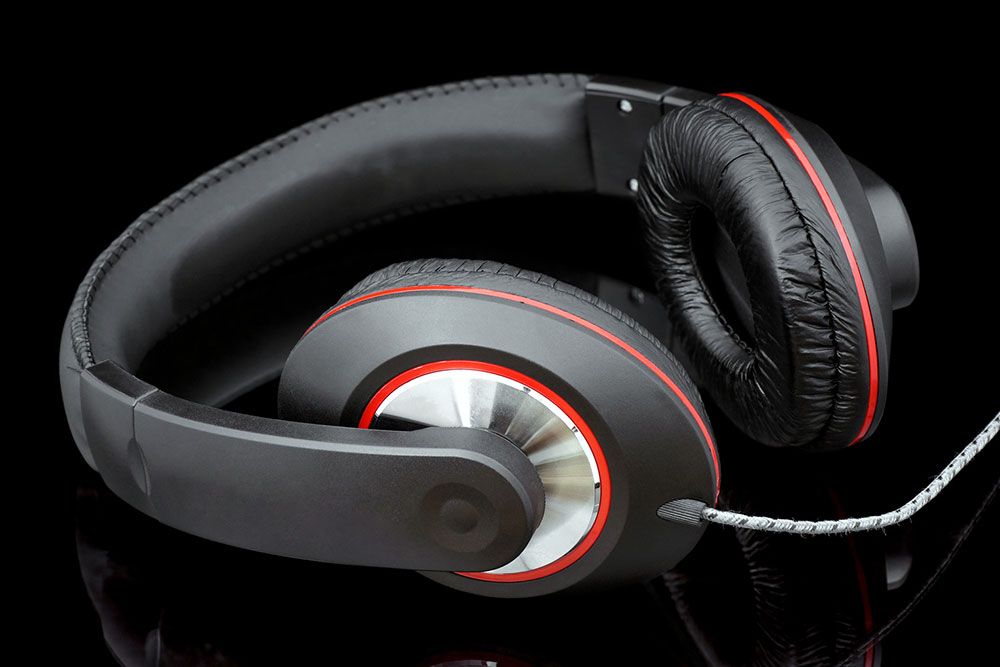Comprehensive Guide to Protecting Your Hearing and Preventing Hearing Loss
This comprehensive guide provides essential strategies to protect your hearing health. Learn practical tips to avoid loud environments, limit device usage, adopt noise-canceling gear, and perform regular check-ups. Protecting your ears from damage is crucial for maintaining communication and safety, and implementing these simple precautions can help prevent irreversible hearing loss while enhancing your quality of life.

Comprehensive Guide to Protecting Your Hearing and Preventing Hearing Loss
Hearing health is a crucial aspect of overall well-being that many tend to overlook until it’s too late. Hearing impairment can occur from various causes, including exposure to loud noises, aging, and certain health conditions. Fortunately, many of these causes are preventable through simple yet effective precautions. By making mindful adjustments in your daily routines and being aware of your environment, you can significantly reduce the risk of hearing damage and preserve your auditory health for years to come. In this comprehensive guide, we will explore detailed strategies and practical tips on how to effectively protect your ears from potential harm.
Avoid Prolonged Exposure to Noisy Environments
The most common cause of hearing loss is prolonged exposure to high decibel levels. Loud sounds, especially when sustained over time, can cause irreversible damage to the delicate hair cells within your inner ear. These hair cells are responsible for transmitting sound signals to your brain, and once damaged, they do not regenerate. Therefore, it’s crucial to be cautious about the environments you find yourself in.
Large-scale events such as concerts, fireworks displays, and sporting events often generate noise levels exceeding 100 decibels, which can be harmful within minutes. Similarly, working in loud environments like factories, construction sites, or even crowded marketplaces can put your hearing at risk. To safeguard your hearing, aim to limit your exposure duration and distance yourself from the source of loud noises whenever possible. If unavoidable, consider wearing hearing protection devices.
Limit Use of Noisy Devices and Appliances
Modern life is replete with gadgets that produce high levels of sound – from headphones and earbuds to household appliances such as blenders, lawnmowers, and power drills. Using these devices at high volumes or for extended periods can accumulate to significant damage over time. If you frequently use earphones or earbuds, opt for models with noise-canceling features that allow you to listen at lower volumes without compromising sound quality.
When consuming entertainment, such as music or videos, keep the volume at a safe level – ideally below 60% of the maximum volume. Additionally, avoid prolonged listening sessions in noisy environments where increasing volume might seem necessary. For household appliances, avoid direct proximity to loud machinery, and turn down the volume or power when possible.
Reduce Exposure to Ambient Noise and Create Quiet Spaces
Everyday life involves unavoidable noise exposure, such as traffic, sirens, and construction sounds. While these are often unavoidable, you can minimize overall noise exposure by creating quiet sanctuaries in your environment. This might include installing soundproof windows, using heavy curtains, or adding soft furnishings that absorb noise. Sleeping with earplugs, especially if your home is near busy roads or industrial zones, can make a significant difference in preserving your hearing health over the long term.
Maintaining a balance between exposure and rest is vital. Taking scheduled breaks from noisy environments can prevent cumulative damage and allow your ears to recover. Be conscious of the duration and intensity of ambient noise and take proactive steps to protect yourself.
Invest in Noise-Canceling Headphones and Ear Protection Gear
One of the most effective ways to shield your ears from harmful noise levels is by using noise-canceling equipment. These devices work by actively reducing unwanted sounds, allowing you to enjoy your environment without risking hearing damage. Here are some popular options:
Earphones and In-Ear Monitors: Select models fitted with foam or rubber tips that create a seal within your ear canal. These tips help block out external noises, enabling you to listen at lower volumes and protect your ears from loud environments.
Earmuffs and Earmuffs with Noise Reduction Ratings (NRR): Use earmuffs designed for high noise reduction if you work in industrial or construction settings. These are comfortable for prolonged wear and provide an effective barrier against hazardous sounds.
If your job involves exposure to loud noises, such as construction, manufacturing, or aviation, it’s imperative to wear proper hearing protection devices consistently. Discuss with your employer about providing suitable gear and establishing safety protocols to minimize your risk. Regularly scheduled hearing assessments with an ENT specialist or audiologist can help detect early signs of damage, allowing for timely intervention.
Adopt Good Hearing Habits and Seek Regular Check-Ups
Prevention is always better than cure. In addition to environmental precautions, cultivating good habits can enhance your hearing health:
Be mindful of the volume levels when using electronic devices.
Take regular breaks during extended listening sessions.
Maintain overall health by controlling blood pressure, diabetes, and avoiding ototoxic medications unless prescribed.
Schedule routine hearing evaluations, especially if you notice signs of muffled hearing, ringing (tinnitus), or dizziness.
Early detection of hearing loss allows for effective management and prevents further deterioration. Protecting your hearing isn't just about avoiding loud noises but involves an integrated approach that considers environment, habits, and health.
In summary, safeguarding your hearing requires awareness, prevention, and proactive measures. By staying vigilant about noisy exposures, using proper protective gear, and maintaining healthy habits, you can enjoy quality hearing for years to come. Remember, your ears are vital for communication, connection, and experiencing the world around you—invest in their health today to ensure a vibrant auditory future.





